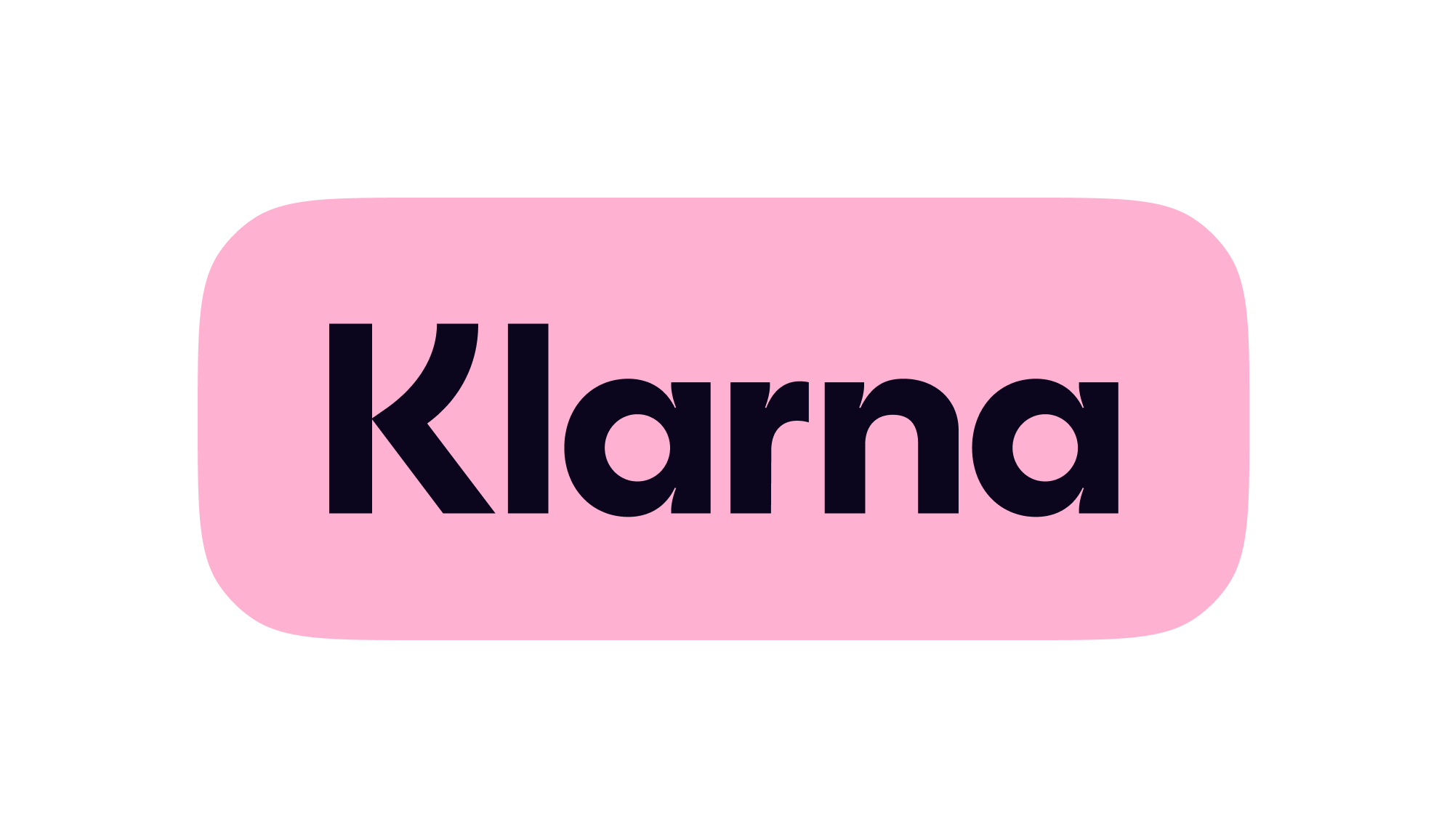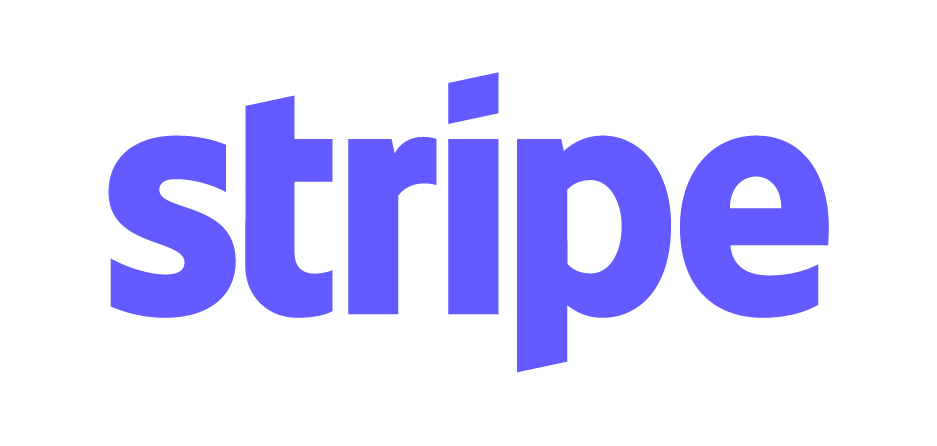When considering aesthetic procedures, clients and practitioners can find reassurance in the use of reliable screening tools. These tools not only ensure the suitability and safety of the intervention but also provide a sense of security. They are vital in assessing psychological readiness, identifying potential risks, and setting realistic expectations. Here are some of the popular screening tools available:
Cosmetic Procedure Screening (COPS) Questionnaire
The COPS questionnaire is designed to assess the psychological attributes and motivations of individuals considering cosmetic procedures. It helps identify those who may have psychological vulnerabilities or unrealistic expectations, which is crucial for ensuring patient well-being and satisfaction with the outcome. A score of 40 or higher on the COPS questionnaire is usually indicative of Body Dysmorphic Disorder (BDD), a condition characterised by an obsessive focus on perceived flaws in appearance.
FACE-Q
The FACE-Q tool is used to evaluate patient-reported outcomes and satisfaction related to facial procedures. It assesses satisfaction with facial appearance, social function, psychological well-being, and decision-making. The FACE-Q is comprehensive, with over 40 scales and checklists, and can be completed before or after a procedure. It’s geared towards assessing expectations and outcomes, providing valuable insights for patients and practitioners.
Body Dysmorphic Disorder Questionnaire (BDDQ)
The BDDQ is a self-report questionnaire that assesses symptoms of BDD. It consists of 12 items focusing on appearance-related concerns, compulsive behaviours, and distress associated with BDD. This tool is convenient for use in various clinical settings, including cosmetic/aesthetic practices, and can be self-administered by the patient, reducing the need for clinician involvement.
Appearance Anxiety Inventory
This questionnaire consists of 10 questions and is quick to complete. It measures concepts and symptoms important to patients requesting facial aesthetics. A score of over 20 is suggested to indicate a high risk of clinical problems. The Appearance Anxiety Inventory is suitable for identifying those suitable for intervention and is freely available for use.
Fitzpatrick Skin Type Assessment
The Fitzpatrick Skin Type Assessment is a crucial tool used to determine an individual’s skin type based on how it reacts to sun exposure. This information is vital for predicting the skin’s response to various aesthetic procedures and planning treatment protocols to minimise the risk of adverse reactions.
Screening Tools for Clients Considering Aesthetic Procedures
These screening tools are not just essential, they empower clients in the aesthetic consultation process. They help trained aesthetic practitioners understand the patient’s ideas, concerns, and expectations, ultimately contributing to the success and safety of the aesthetic procedure. It’s important to note that while these tools provide valuable information, they should be used in conjunction with a comprehensive patient assessment, including a full medical history and a one-to-one consultation.






